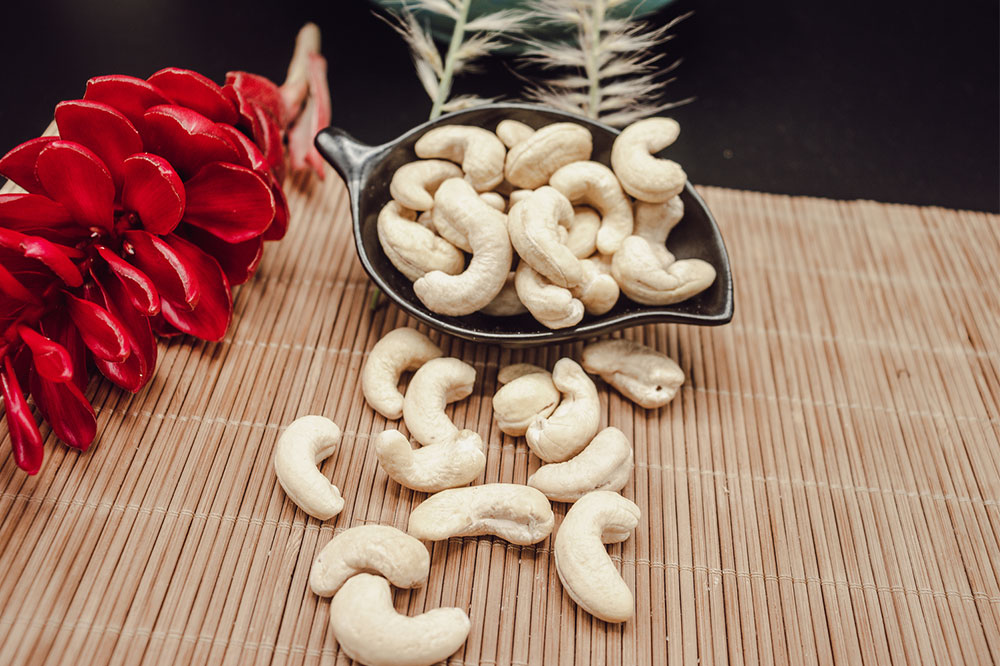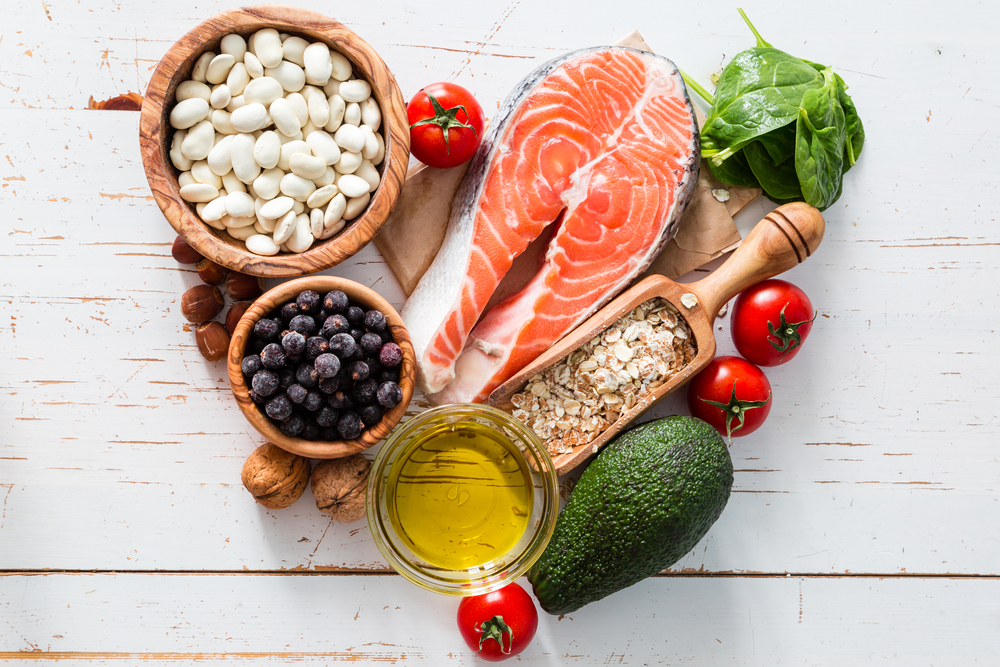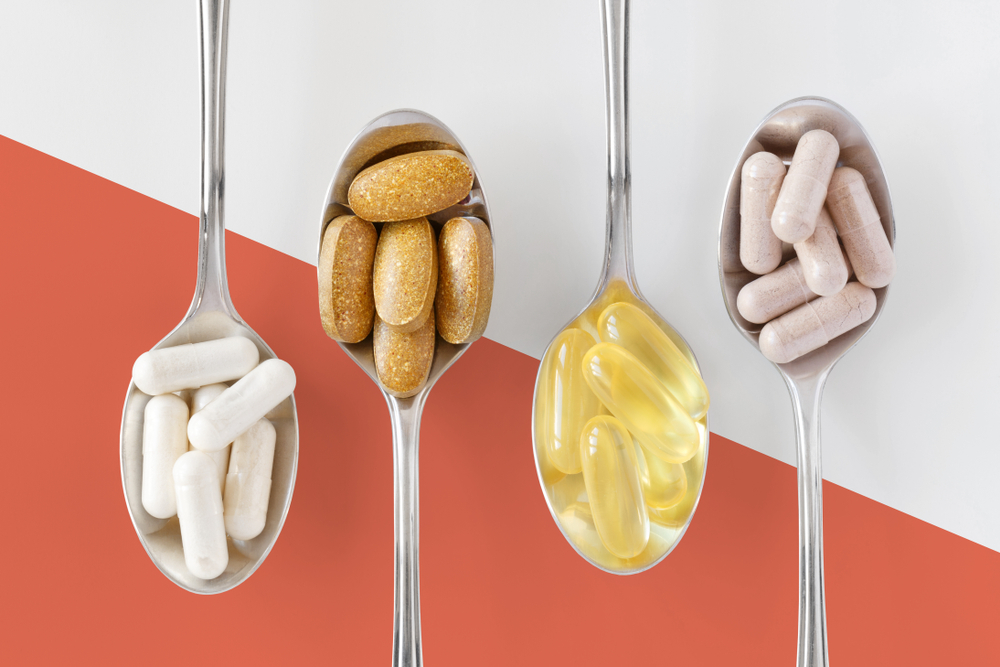Essential Vitamins and Supplements to Support Heart Health Naturally
This comprehensive guide explores essential vitamins and supplements that support heart health. It emphasizes natural sources and supplementation tips for maintaining blood pressure, cholesterol, and overall cardiovascular wellness. Learn how folic acid, vitamin D, CoQ10, omega-3s, magnesium, and potassium can help promote a healthier heart through diet and lifestyle adjustments.

Comprehensive Guide to Key Vitamins and Nutrients That Promote a Healthy Heart
Maintaining a healthy heart is vital for overall well-being, and one of the most effective ways to support cardiovascular health is through a balanced intake of essential vitamins and supplements. While lifestyle choices such as regular exercise and a balanced diet are foundational, specific nutrients play a crucial role in preventing heart-related issues like high blood pressure, elevated cholesterol levels, and blood clot formation. Even though the scientific community continues to explore the extent of their preventive power against heart attacks or strokes, these nutrients are widely recognized for their benefits in enhancing heart function and promoting long-term cardiovascular wellness.
Explore this comprehensive list of vital vitamins and supplements that can support your heart health effectively. Incorporating these into your daily routine may contribute to a stronger, healthier cardiovascular system.
Folic Acid (Vitamin B9): Folic acid plays a pivotal role in maintaining healthy homocysteine levels in the blood. Elevated homocysteine is associated with increased risk of blood clots and cardiovascular complications. Consuming natural sources such as broccoli, lentils, Brussels sprouts, and other leafy greens helps keep homocysteine in check and supports vascular health.
Vitamin D: Adequate levels of vitamin D are essential for overall heart health. Deficiencies in vitamin D have been linked to increased risks of hypertension and cardiovascular diseases. Exposure to sunlight is the natural way to boost vitamin D synthesis in the skin, but supplementation may be necessary in less sunny climates or for individuals with limited outdoor activity. Maintaining optimal vitamin D levels supports blood pressure regulation and reduces inflammation.
Coenzyme Q10 (CoQ10): CoQ10 is a powerful antioxidant that supports mitochondrial function in heart cells, contributing significantly to cardiac energy production. Supplementation can help improve heart strength, reduce symptoms of heart failure, and expedite recovery after cardiovascular surgeries. It naturally occurs in small amounts in foods such as meats, fish, and nuts, but supplementation ensures consistent intake for cardiovascular support.
Vitamin B3 (Niacin): Niacin effectively improves lipid profiles by lowering triglycerides and bad cholesterol (LDL) while raising good cholesterol (HDL). This balance is crucial for reducing the risk of atherosclerosis and other heart conditions. As high doses can cause side effects like flushing and liver issues, consulting a healthcare professional before supplementing is essential.
Omega-3 Fatty Acids: Omega-3s are essential fatty acids renowned for their anti-inflammatory properties and their ability to promote healthy heart function. Rich sources include fatty fish like salmon, mackerel, sardines, and anchovies. Supplementing with omega-3s should be supervised by health practitioners, especially for individuals on blood-thinning medications or those with specific health conditions. When combined with a balanced diet and a healthy lifestyle, omega-3s can significantly lower cardiovascular risks.
Magnesium: Magnesium is vital for maintaining normal heart rhythm and reducing symptoms associated with heart failure. It aids in relaxing blood vessels, thereby lowering blood pressure and decreasing workload on the heart. Adequate magnesium intake can be achieved through diet—foods like nuts, seeds, whole grains, and leafy greens—or through supplements prescribed by a healthcare provider.
Potassium (Vitamin K): High potassium intake helps regulate blood pressure by counteracting the effects of sodium in the body. Potassium-rich foods such as bananas, sweet potatoes, spinach, and other leafy greens are excellent choices. Incorporating these into your daily diet can help manage hypertension and reduce the risk of cardiovascular events.
Beyond vitamins and supplements, dietary fiber-rich foods such as brown rice, oats, and quinoa also contribute significantly to heart health by lowering LDL cholesterol levels and improving arterial flexibility. Combining dietary improvements with regular physical activity and routine health check-ups provides a holistic approach to maintaining a healthy heart. Consulting a registered dietitian or healthcare provider can help develop a personalized plan tailored to your specific health needs and conditions, ensuring safe and effective management of cardiovascular health.





